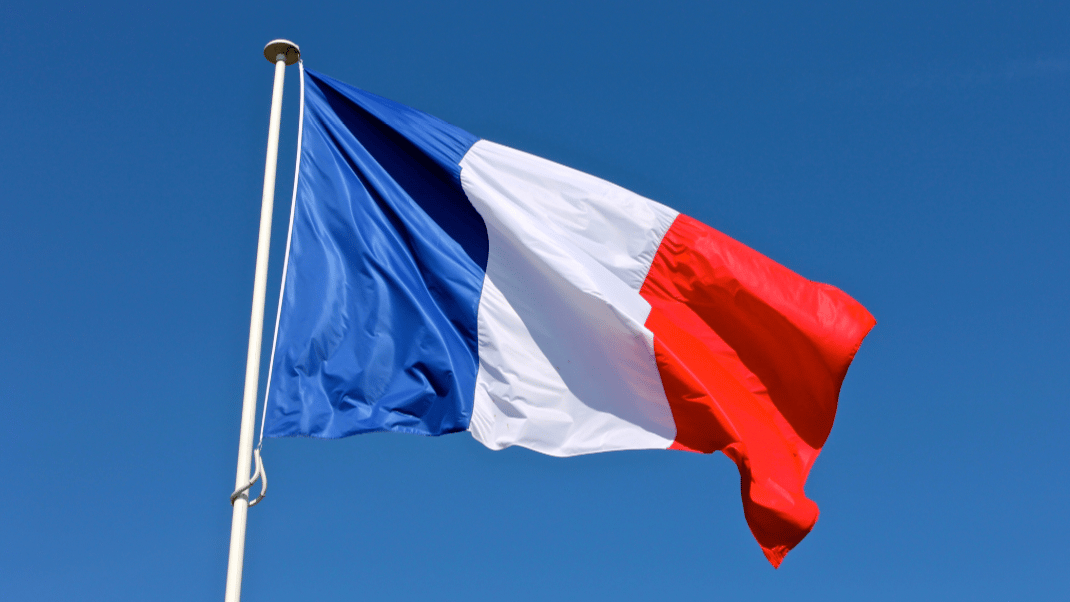- The AI State
- Posts
- AI's Paris Accords 🔴
AI's Paris Accords 🔴
Musk's DOGE, AI Drone Weaponry, Deepseek
GLOBAL AI DEVELOPMENTS
The global race for AI implementation & improvement
REGULATION & SAFETY
Law, lobbying & potential risks
AI GOVERNANCE
The latest government programs & implementations
DEFENSE
Weapons, tech, research & contracts

Funding AI education, industry immersion, and career assistance to those who have served our nation.
What’s happening in AI policy right now
Paris hosts AI’s big players

Trump's strategic pivot
The Trump administration's decision to send JD Vance to Paris while excluding technical staff from the U.S. AI Safety Institute signals a significant shift in American AI policy. This move suggests a return to a more business-friendly, innovation-focused approach that could reshape global AI development patterns. For U.S. allies who have been building regulatory frameworks aligned with the previous administration's policies, this pivot creates new strategic challenges. European nations in particular may need to reconcile their precautionary approach with an America more focused on rapid advancement.
Global powers converge
The Paris summit, co-chaired by France and India, has drawn an impressive roster: representatives from nearly 100 nations, including China's Vice Premier Zhang Guoqing standing in for President Xi. This gathering of global powers suggests AI governance is entering a new phase of international cooperation - albeit with underlying tensions.
Business meets policy
With over 300 AI firms participating in business meetings alongside the summit, the event highlights how commercial interests are increasingly inseparable from policy decisions. France's strategic move to showcase its AI capabilities while funding 50 "AI for Good" projects exemplifies this fusion of public and private sector goals.
The Chinese factor
China's participation through Vice Premier Zhang comes at an interesting moment. The recent emergence of DeepSeek as a disruptive force in the AI market demonstrates China's growing technical capabilities. Their presence at the summit suggests a willingness to engage in international dialogue about AI governance - though questions remain about how this squares with their domestic AI policies.
Looking ahead
The summit's success will likely be measured not by any dramatic announcements, but by its ability to maintain meaningful dialogue on AI governance amid competing national interests. With major powers taking distinctly different approaches - from Trump's innovation-first stance to the EU's more cautious regulatory framework - finding common ground on AI development while preserving national advantages will be crucial.
Next week's gathering may not resolve these tensions, but it will certainly illuminate the evolving landscape of global AI cooperation and competition. The real question is whether nations can find ways to collaborate on AI governance while pursuing their own strategic interests.
The exclusion of U.S. AI safety experts particularly bears watching - it could either hamper international cooperation or, perhaps counterintuitively, lead to more pragmatic discussions focused on innovation rather than restriction. Either way, the summit promises to be a revealing snapshot of how major powers are positioning themselves in the accelerating global AI race.
How'd you like today's issue?Have any feedback to help us improve? We'd love to hear it! |